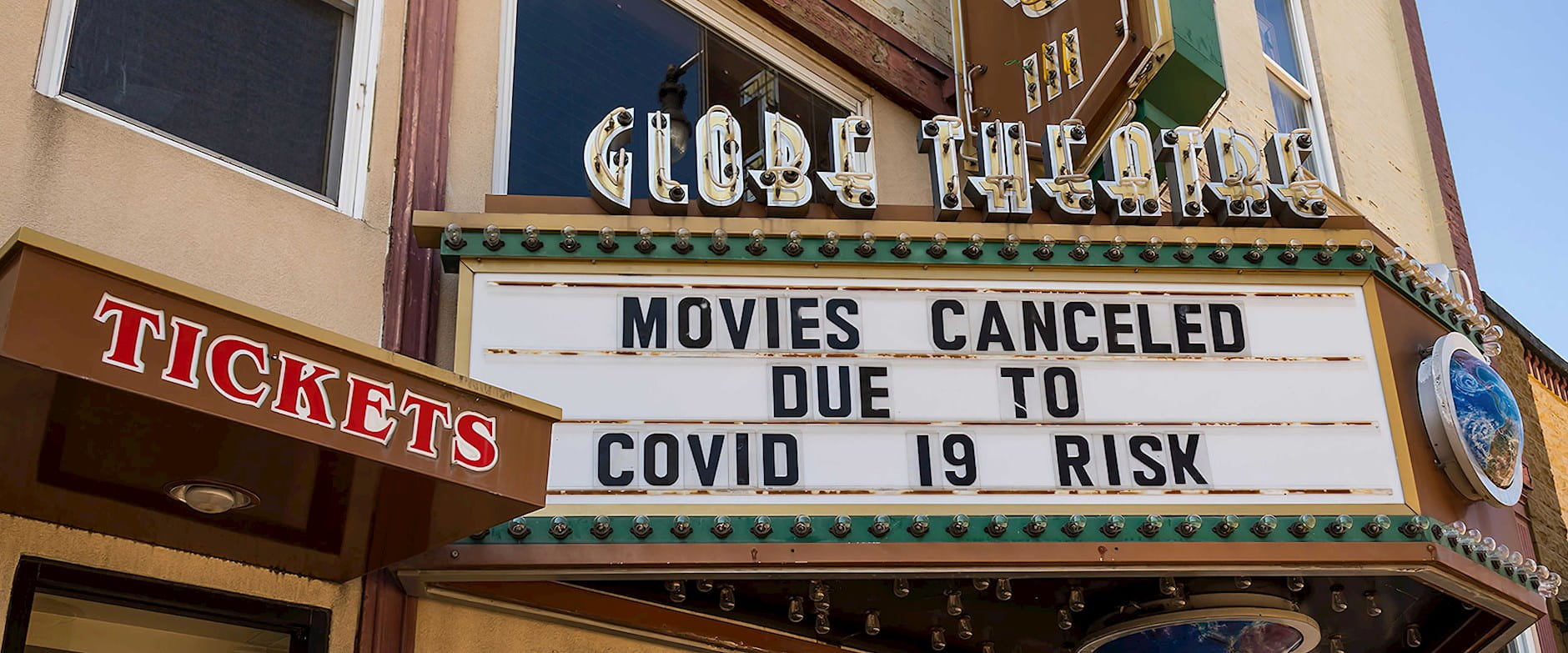Who should be getting a bailout, and who should not be a getting a bailout, and why? If we’re thinking about large firms that have access to broad equity in capital markets, when you’re thinking about that, I think the question of bailouts is essentially a redistribution question about who is going to get hurt by this shock? Is it going to be ultimately the shareholders of these firms, or is it going to be the debt holders of these firms?
When we’re contemplating bailouts to these companies, then—cruise ships and airlines or airplane manufacturers like Boeing—what we’re really contemplating in the end is whether it makes sense to provide transfers to the shareholders of these companies.
Because these companies are not going anywhere at the end of the day. I mean, they potentially might change names if they go through bankruptcy, but there’s these fixed assets there. We’re not going to liquidate cruise ships. We’re not going to scrap these airplanes. Airplanes are still going to be around. Air travel companies have gone through bankruptcy in the past successfully and continued to operate through those periods.
When we’re thinking about these transfers then, we’re basically asking, does it make sense to provide large transfers through the government to the shareholders of these companies? And I think there, we should think about, who’s ultimately best able to bear the consequences of this recession?
It’s not fair, in some sense, that we have this pandemic, and output has declined and income has declined. Somebody is going to have to face the consequence of that recession.
There’s no claim that the travel industry caused this pandemic to happen. It’s not the fault of airlines that nobody is traveling right now. But at the same time, output is going to be lower and income is going to be lower and somebody is going to have to suffer the consequences of that.
So if we’re thinking about what would we like as a society that values equity in some sort of way or values insurance, we probably want to be focusing our stimulus and focusing our transfers on the households who are least able to bear the consequences of this recession. And if you’re thinking about that, that’s probably not the shareholders of airlines. Relatively speaking, the shareholders of airlines are going to be relatively well off. They’re going to be relatively able to bear the consequences of a negative shock to their income for some period of time.
So I think direct bailouts to large, publicly traded corporations, especially those with large, fixed assets, who are probably going to come out of this recession at the end of the day and be able to operate reasonably well again, doesn’t have the biggest bang for the buck in terms of the dollars that we can be spending.
Now if you think about other types of businesses in the economy, like the small firms that are out there that are not publicly traded and don’t have the same sort of access to broad funding, I think there’s much more of an argument for targeted stimulus towards small businesses. Because it can be very potentially disruptive if there’s large waves of liquidation and these businesses going under.
It’s much less likely that a small restaurant or a small retail store is going to be able to continue operating through a bankruptcy proceeding and then ultimately emerge from that. It’s much more likely that these firms are just going to shut down and liquidate and they’re not going to be there anymore when the recession ends. Their workers are not going to be able to come back and there’s going to be large disruptions caused by that and basically permanent consequences of this recession that we would like to avoid.
Hopefully, this is a relatively transitory event, on the order of months, not years. And what we’d like to avoid through our policies, if we can, is that this transitory event, to the extent possible, doesn’t have permanent consequences on the economy. That we can recover when we get rid of the health threat at the end of the day.
